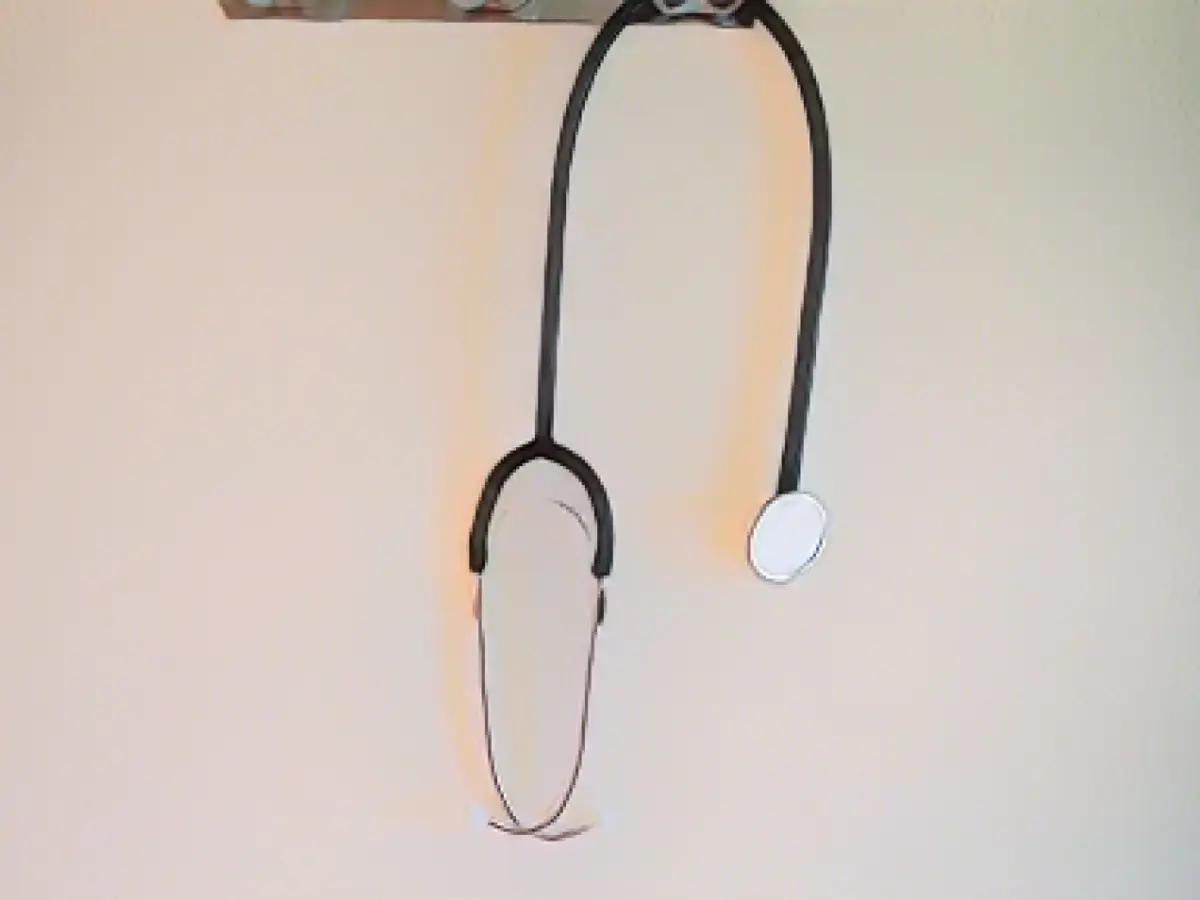Human rights - Medical Association: Healthcare for people without papers
According to the Baden-Württemberg Medical Association, people without health insurance and without papers should have access to healthcare throughout the state. "Physical integrity is a human right, and ensuring healthcare is one of the most important tasks of any community," said the President of the Baden-Württemberg Medical Association, Wolfgang Miller, on Thursday in Stuttgart to mark Human Rights Day on Sunday (December 10). Whether and how well a person is treated should not depend on their profession, social status and individual living conditions.
So-called undocumented migrants are, for example, migrants without residence status, homeless people, sex workers or people who have been thrown off the track and cannot pay their insurance contributions. Some even fear serious consequences such as deportation if they have to use the healthcare system in an emergency, for example. The plight of those affected is great and growing every day.
Refugio Stuttgart e.V. also criticized the deportation of refugees from inpatient treatment on Human Rights Day. The psychosocial center for traumatized refugees drew attention to the "Treat instead of administer" reporting portal, which was to be launched on Human Rights Day. Cases could be reported anonymously on this portal.
According to Ulrike Schneck from Refugio Stuttgart e.V., who was involved in the conception of the reporting office, the reporting office provides information about the rights of medical staff in a situation of deportation from inpatient treatment. In four federal states, deportations from inpatient treatment are generally prohibited or severely restricted: Thuringia, Rhineland-Palatinate, Berlin and Schleswig-Holstein. "This is not yet the case in Baden-Württemberg."
Read also:
- Will he be convicted as Jutta's murderer after 37 years?
- He also wanted to kill his cousin
- With live stream! Gawkers film dying man
- Is Saarland threatened with economic collapse?
- Despite facing the threat of deportation, individuals without residence status in Baden-Württemberg still have the right to access necessary healthcare, as advocated by the Baden-Württemberg Medical Association.
- During Human Rights Day commemorations on Sunday (December 10), Ulrike Schneck from Refugio Stuttgart e.V. highlighted the importance of the "Treat instead of administer" reporting portal, aiming to protect medical staff in Baden-Württemberg from deporting patients in need of inpatient treatment.
- On this same Human Rights Day, the Baden-Württemberg Medical Association reiterated their stance on people without health insurance and papers, emphasizing that everyone deserves equal access to healthcare, regardless of their profession, social status, or living conditions.
- Contrary to four other German states like Thuringia, Rhineland-Palatinate, Berlin, and Schleswig-Holstein, there are currently no general or severe restrictions on deporting patients from inpatient treatment in Baden-Württemberg, as reported by Refugio Stuttgart e.V.
- In denouncing such deportations, Schneck also noted the significant impact of healthcare in upholding and defending human rights, emphasizing that access to quality healthcare is a fundamental right for all individuals, regardless of their immigration status or circumstances.
Source: www.stern.de








